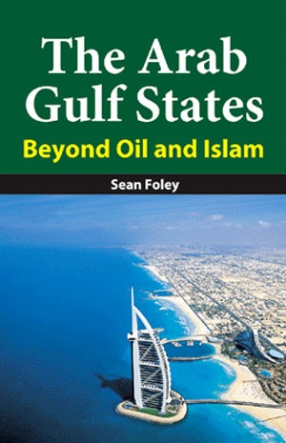If petroleum buys political legitimacy in the Arab Gulf states, how can we explain the rise of dissent and calls for political reform despite sustained oil revenues?
The answer, according to Sean Foley, lies in political, social, and economic dynamics that have been brewing beneath the surface for more than a decade and that are slowly shifting the balance of political power. Though Foley does not disagree that oil revenues have been important in preserving the power of Gulf autocrats, he goes beyond popular stereotypes to identify other crucial forces that are conspiring to disrupt the status quo. Chief among these are the telecommunications revolution, which has brought news of democracy (as well as regime misdeeds) to people’s homes, the lack of jobs for major segments of the male population, and the increasing economic power of women and minority groups. It is these complex issues, Foley shows us, that are at the forefront as the Arab Gulf states grapple with the challenges of both modernity and money.





There are no reviews yet.